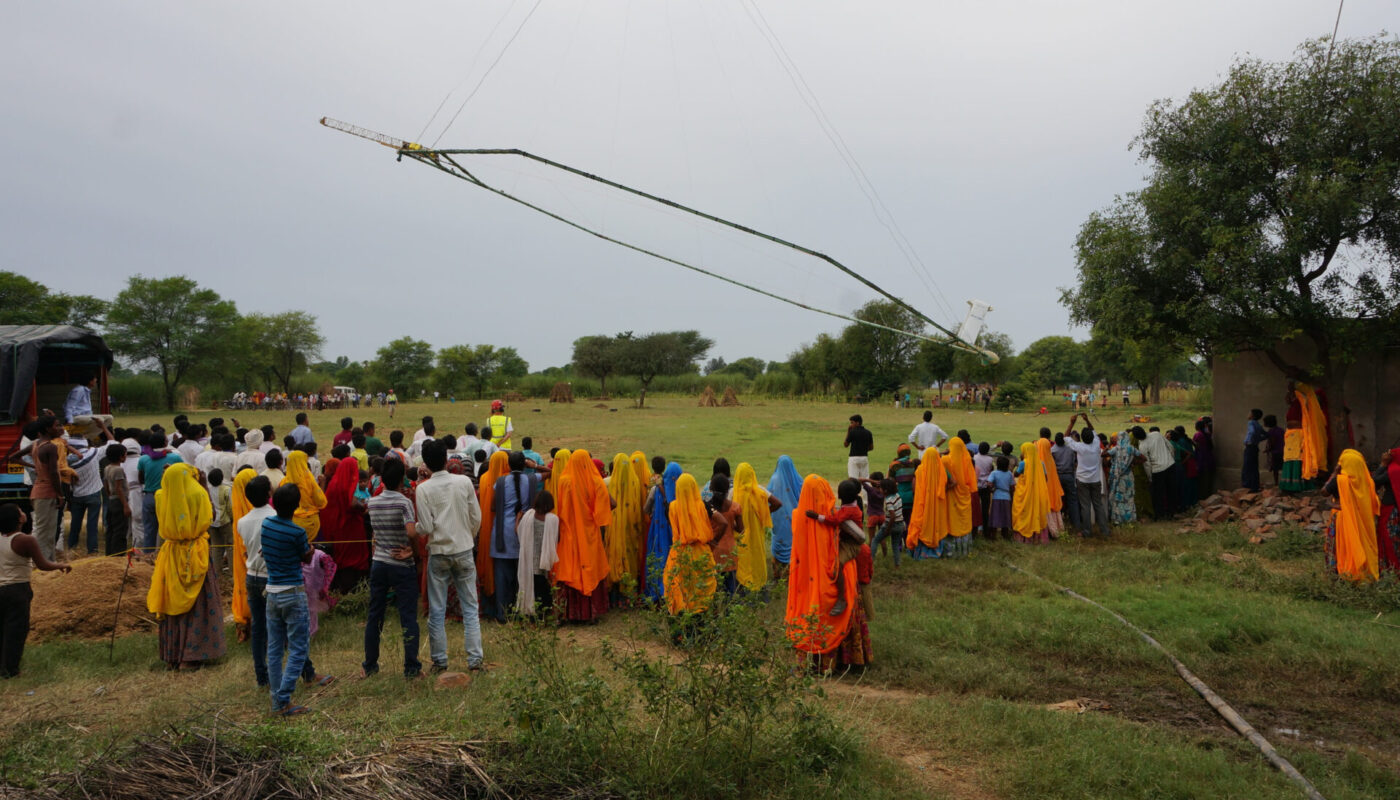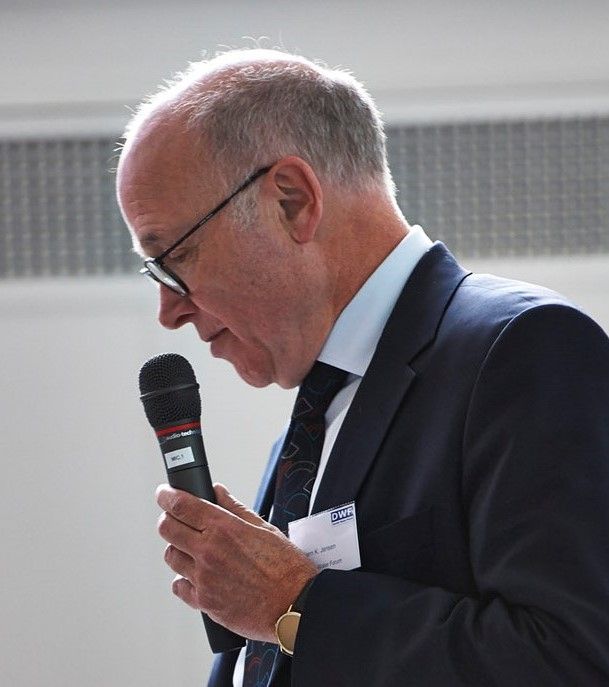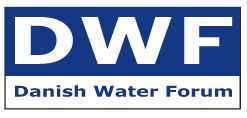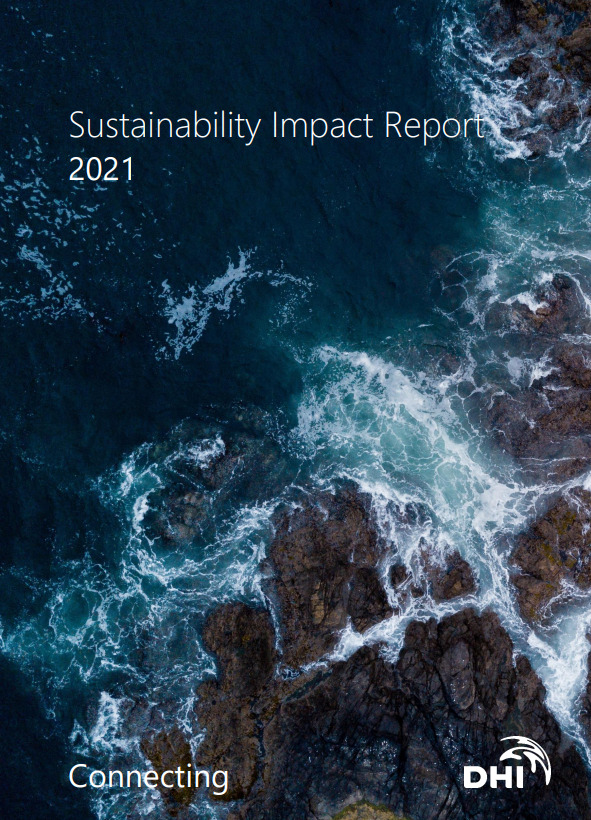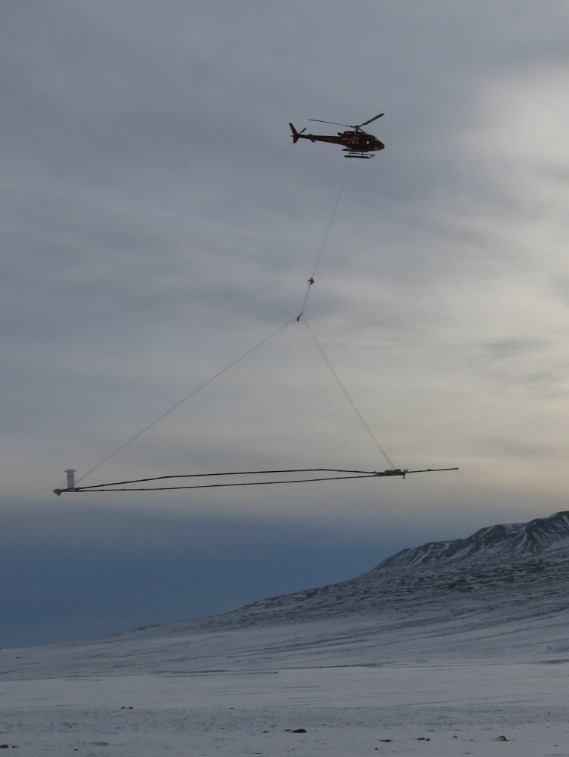The Danish water technology sector, which contributes to better drinking water supplies and wastewater treatment everywhere in the world, is exporting its equipment and solutions to the South and North for billions of Danish kroner. It is all built on research.
Bjørn K. Jensen has ”one leg in each camp”, if you ask him whether he is an academic researcher or a businessman within the field of Danish water technology. “But I am not the only one. Like me, many people in this sector have one leg in each camp. It mirrors that we have developed a very special tradition for collaboration. All of us are mixing research and business; we are speaking the same language and understand each other. That is a very good thing”.
Bjørn K. Jensen has been part of this development all the way. As a young, recently graduated microbiologist, he carried out a research project in Northern France on marine pollution from big tanker wrecks in the 1980s. He worked for many years at DTU Environment at the Technical University of Denmark (DTU), and later, in the semi-private sector as a research director at the Water Quality Institute (VKI). Now, he is chief advisor emeritus at the Geological Survey of Denmark and Greenland (GEUS), after having been the deputy director general until 2017. Parallel with his professional career he has been working in water organizations in Denmark and abroad. He was chairman of the Danish Water Forum for many years, is now the vice chairman, and he was president of the European Water Association until 2021.
“The Water Sector in Denmark is different from almost all other R&D sectors in the sense that we have a very close cooperation between the different actors; researchers, public authorities, the utilities sector as well as private companies. Everybody is cooperating in promoting Danish water competences and solutions and thereby Danish exports in the field.”
According to Bjørn K. Jensen, Danish researchers from universities and research institutes are contributing, to different degrees, to all kinds of public-private consortia. “Sometimes, it’s research with not so many companies and utilities participating. And sometimes, it’s more business oriented ventures, where we are demonstrating what we are able to do in cooperation with each other. Most Danish water researchers are not shy in relation to participating in commercial export initiatives – also with their researcher-hat on”.
Twenty years ago, the Danish Water Forum was created as a forum for these kinds of cooperation, and Bjørn K. Jensen was among the initiators. “We felt a need for uniting the sector even more than it already was. We wanted a forum where we could gather researchers, utilities, public institutions and businesses even more. We already thought at that time that it would create more impact if we could demonstrate combined solutions. We wanted to not only sell a high-quality pump. We also wanted to present the buyers in any country, in the South and North, combined system solutions. Such solutions are not only presenting technical installations but also how to build the necessary societal and governance-related institutions in order to make the equipment work properly and contribute to a more sustainable use of resources in that area”.
Nowadays, the Danish Water Forum has grown into an influential body. In Spring 2022, 140 professionals participated in its research conference in Copenhagen. Speakers were, among many other things, discussing an official government goal of achieving 40 billion Danish kroner worth of exports in the water sector before the year of 2030, as previously expressed in the so-called “water vision” by the Ministry of Environment in 2014. This goal seemed very ambitious and maybe slightly unrealistic to most participants, but a current combined export of between 20 and 30 bill Danish kroner is still an achievement.
A part of the conference program was very business-oriented i.e., how to get the most out of participation in international trade events and other international events. “In this context, it should be remembered that all the competencies within the companies and institutions are based on research. Researchers have contributed for years to knowledge, which is a prerequisite for developing technology and solutions, and they are, in many cases, employed in companies after having carried out research for a while”, Bjørn K. Jensen underlines.
A priority field
Bjørn K. Jensen was originally a microbiologist with an expertise in microbial degradation of organic contaminants by bacteria. As a young researcher at DTU Environment, he contributed to the development of new knowledge on how to clean contaminated groundwater, a focus sector for Danish environmental science at the time. “We tried to find out how you can degrade contaminating substances like oil, petroleum, phenols and the like, that leak from old industrial sites, gasoline stations, and landfills into the groundwater. Only later did the use of pesticides in the agricultural sector come into focus”.
The research group at DTU had a great impact internationally and many networks in the North, especially with researchers in Canada and the U.S., were built. Later, Bjørn K. Jensen built up a new groundwater and microbiology section at VKI. More work focused on development projects in countries in the Global South, funded by Danida, and Bjørn K. Jensen actively took part in projects in Africa and Asia at the same time as he was the head of department. Most of the projects were short-term development projects, two or three weeks at a time, where he used his expertise from many years of research.
“I believe I was the only one in a management position at VKI at the time who earned most of my salary in projects that I was conducting myself”. Building small waterworks and water supply schemes to supply enough safe water to mainly rural communities in the South was a priority for Danida in the 1990s. There were many projects going on. Many former Danish researchers, now consultants, took part in them. The dividing line between development projects and research projects was very sharp at the time. Private consultancy companies like Cowi, Carl Bro, Rambøll and Niras were extremely busy, and a lot of Danish experience in the field of water was harvested. It was already becoming a major export product.
Other Danish companies sold pumps, valves, thermostats, or water meters as part of the same donor-funded projects. Others developed expertise in hydrological models to predict the water flow consequences of each new water well. These included Grundfos, Danfoss, AVK, Krüger, Kamstrup and DHI. A very competitive Danish water sector was growing. The Danida-funded research projects – apart from a large number of PhD-projects that were often conducted by South students from universities in the South who attended courses at Danish universities – were mostly focused on development. But at the same time, Bjørn K. Jensen and his colleagues at Danish universities were able to secure serious funding for larger and more ambitious research projects from different EU funds.
The full package
There are several reasons as to why Danish research institutions and private companies have been able to develop such strong expertise and a dominant position in global research on water supplies and water resources in relation to the environment. “Very early, in the 1970s, the Danish government established, under the newly established Ministry of Environment, ambitious and far-sighted research programs with large funding to support research into water topics. These programs continued throughout many years. Shortly after, in the 1980s, Danida began giving a lot of donor money to water projects around the world. This created jobs for many of the newly educated water experts and became the basis for Danish consultants’ companies and tech-companies to grow”.
Still, according to Bjørn K. Jensen, in spite of all the efforts, the obvious advantages from offering “the full package” to buyers in the South have not been achieved yet. “We are trying to sell the full package, integrated system solutions, involving different types of partners. The directors of the big Danish companies here in Denmark agree with us. But the local offices of the big Danish companies around the world are basically sales people. They are happy just to sell pumps, which is fully understandable, and they don’t care so much about the rest of the package”, he explains.
Therefore, he and many others in the Danish water sector see future perspectives in small ”demonstration projects” like the one that has just been launched in the spring of 2022 in cooperation with the Water Resources Department in Tamil Nadu in Southern India. This demonstration project will showcase different Danish state-of-the-art technologies and solutions to ensure sustainability in using groundwater for the drinking water supply at a village level. When such an integrated solution has been demonstrated, it can then be replicated in other rural communities all over India.
”No, we didn’t know about the partners before. They are not part of any old network. Experts at the Danish embassy in India identified them for us within the so-called Strategic Sector Cooperation (SSC) programme. This is a new instrument established in selected embassies that facilitates bilateral public-public cooperation with the aim of introducing Danish smart solutions, which I find really promising”.
Finding groundwater from a helicopter
To illustrate his points, Bjørn K. Jensen mentions the Aarhus-based company, SkyTEM, which, in his eyes, is a “good example” of how excellence in research develops into export-oriented business. At Aarhus University, for many years, a group of geo-physical scientists have tried to develop technologies to find groundwater that is suitable for abstraction into drinking water.
One method that proved to be promising 20 to 25 years ago was flying over an area with a helicopter at low altitude, measuring the soil layers by electromagnetic techniques, and then analyzing the geophysical signals and translating it to geology through a specially developed software. The university researchers then created their own private company, SkyTEM. “It was pure basic research to begin with. The researchers in Aarhus made these experiments entirely because they felt it was interesting. But then it developed into a successful private company, because they had in fact invented a fabulous tool. Earlier you had to dig one borehole, and then another one, and then another one, until you found a suitable groundwater aquifer for groundwater abstraction. Now you are able to avoid wasting time and resources like that. The experts are now flying around the whole world, not least in the Global South, finding groundwater for everybody on an entirely commercial basis”, Bjørn K. Jensen explains.
“This company has been able to grow, partly because of the tradition for collaboration we have within this sector, and because of some entrepreneurial spirits in the research community”, he continues. “Researchers considered the findings interesting, utilities did the same, companies started buying its services, and authorities controversially decided to use SkyTEM as a standard during a large mapping programme of Denmark’s own groundwater resources, which took place until 2017. It created jobs and some of the best young researchers drifted over to the company. And, it gave the new technology an official stamp of approval which was a good starting point for export growth”.


